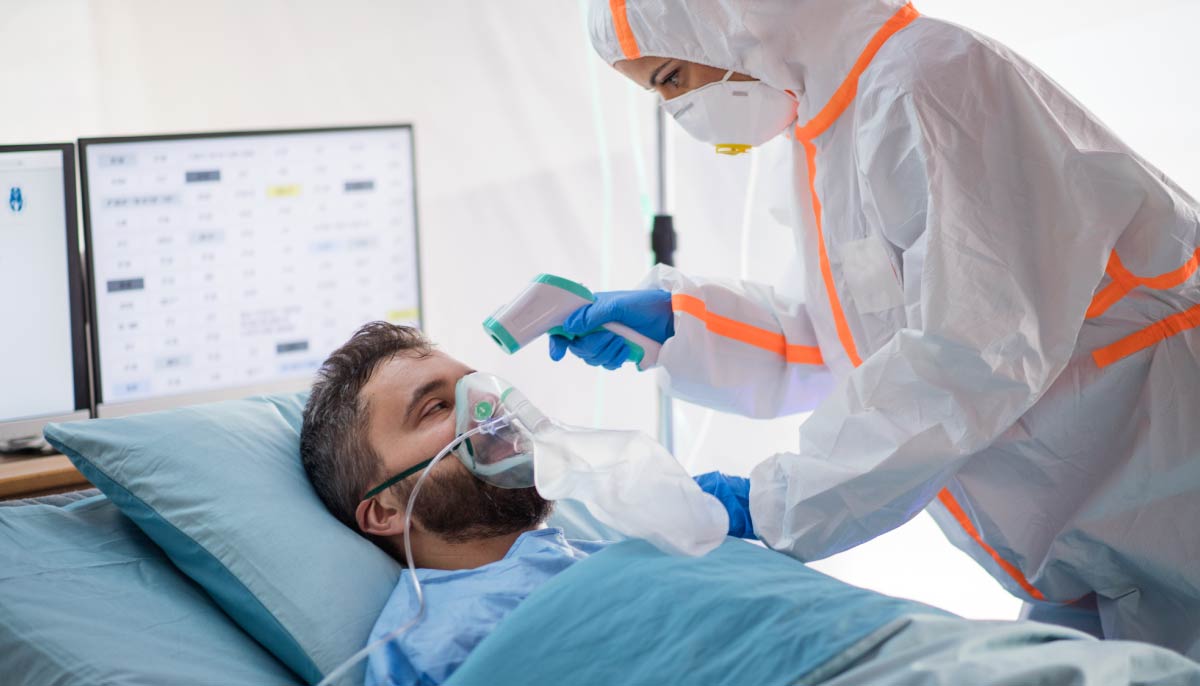Adobe Stock
With the rapid spread of coronavirus in the United States, you should know what to do if you believe you have come into contact with the virus or suspect that you have it.

The first thing you’ll want to do is to make sure you are protecting other people in your home and community. Following these guidelines, you can prevent the spread of the virus to the others.
If you suspect you have contracted the virus, or that you have come into contact with someone who has it, following these steps can prevent further spread of the virus. Most people that contract COVID-19 will only experience a mild illness that does not require medical care.
If you only have mild symptoms, you should stay home and quarantine yourself from others in your home. Only seek medical care if you need it and do so by calling your doctor or nearest medical facility in advance.
Under no circumstances should you go into public areas, except to get medical help. If you live with other people or animals, you should isolate in a separate place in your home as much as possible and use a dedicated bathroom if available. You should also wear a face covering at all times and disinfect surfaces frequently.
Knowing when to seek help could save your life. The coronavirus is a respiratory illness that can cause trouble breathing. If you get to the point you are having difficulty breathing, you should seek help immediately.
If possible, you will want to call ahead to get instructions before entering a medical facility. For immediate medical help, call 911. If you are experiencing only mild symptoms, consider using a telehealth provider before visiting a public medical facility. Many states have set up remote testing stations, and telehealth doctors can advise you on at-home care and testing options.
To monitor your symptoms at home, you may want to consider investing in a pulse oximeter and thermometer. Read our article Do You Need a Pulse Oximeter at Home to find out how the device may help you monitor your oxygen levels and know when to seek outside help.
Although many states are beginning to reopen, this does not mean the virus is contained. Do your part and help prevent the spread of the virus at the first signs of illness to protect yourself and others.